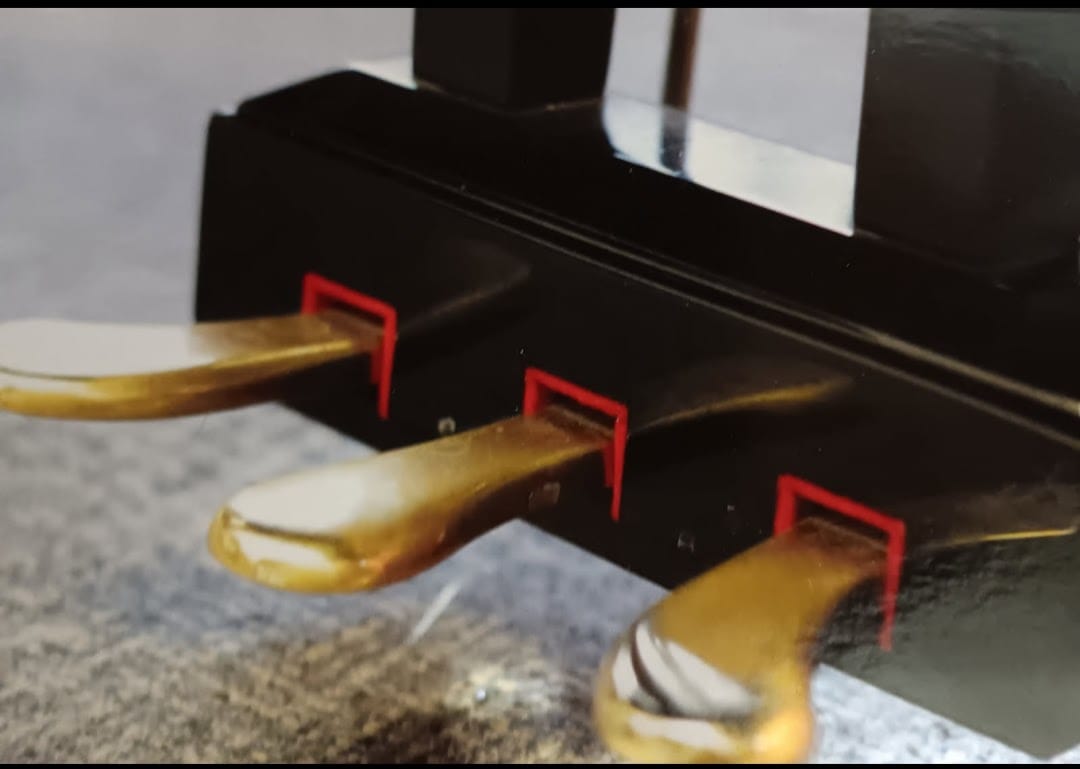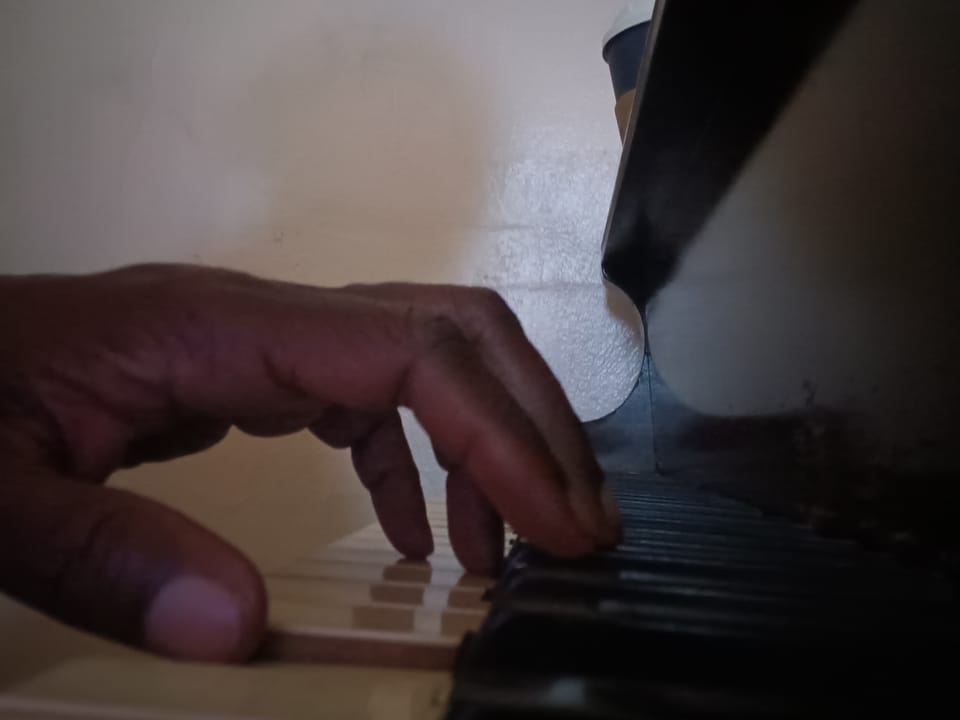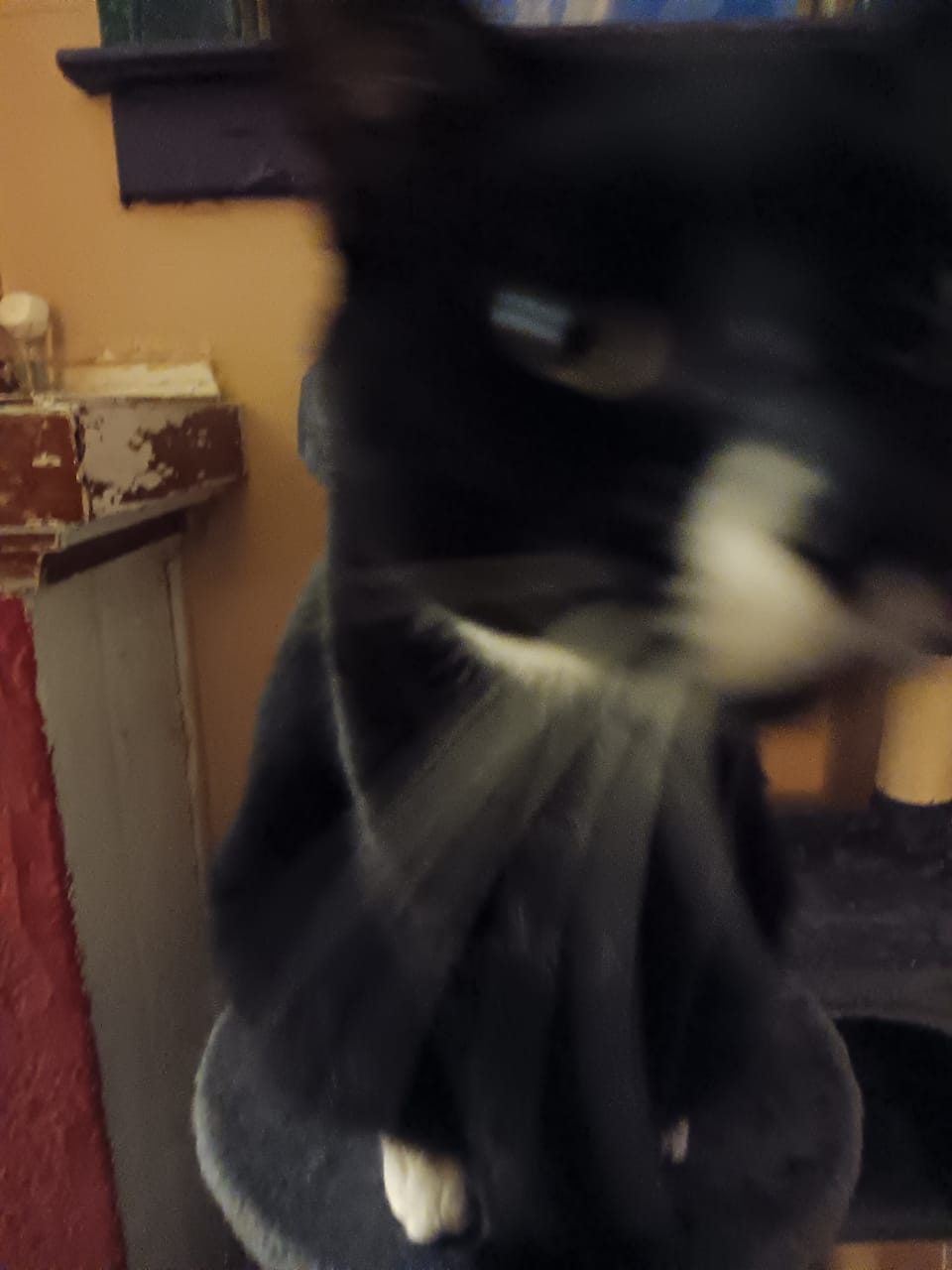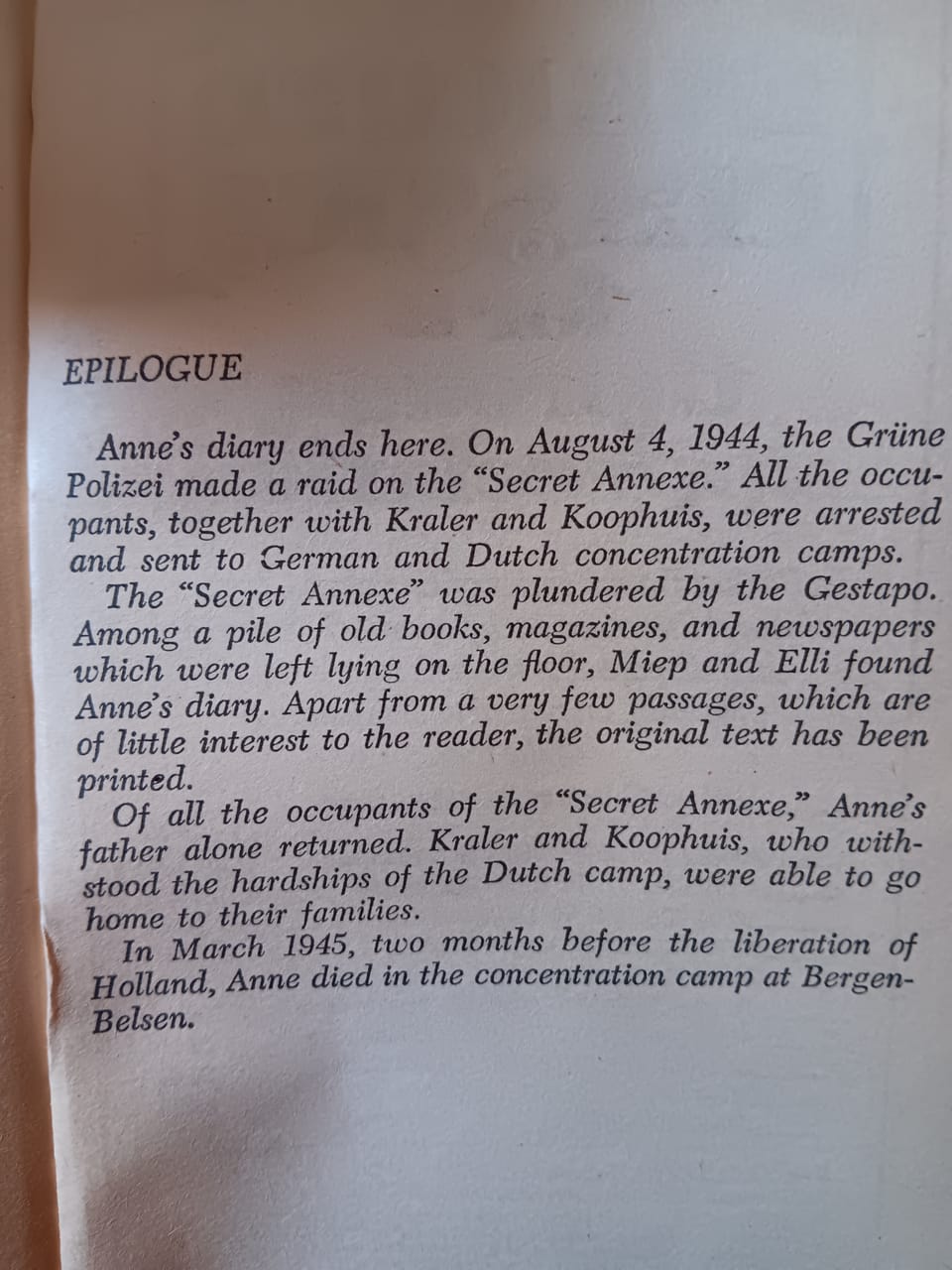The Faculty Handbook
What is it?
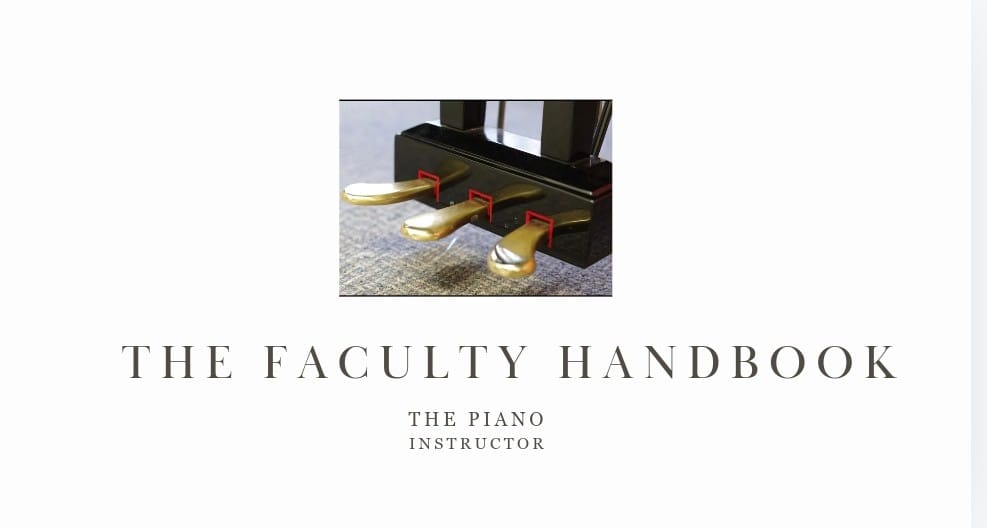
The Faculty Handbook was born after a child made it clear it was necessary.
It was 2012, I was working at a music school chain, and I liked it. The students were a mixture of stages—beginner, intermediate, advanced, bonkers—and the age range was from about ten to retirement. It was fun.
One day, at the end of a fabulous lesson, my ten year old left my room and was surprised to see her friend leave the room next door. (My student didn’t know her friend had a lesson next to her).
The friend did not see her at first, because she was beseeching her teacher to explain more clearly how it all happens—”But how does sound get to my ears?” she pleaded.
My student stepped in and said, “Oh, I can tell you”, and said, “The hammer hits the strings, and that makes the strings vibrate and THAT makes the air pressure change and THAT makes a wave. The wave uses air to travel to the ear drum and the ear drum vibrates” (she shook her whole body, like I did when I taught that to her) “and that makes a message go to the brain. The brain says SOUND!”
Clear. Concise. Accurate. Age appropriate.
Her friend was thrilled, and my student took her hand and pulled her back into my practice room to the grand piano and showed her the strings.
Meanwhile, my student’s mother asked who taught her that. My student pointed to me.
Her mother is an ophthalmologist at Detroit Medical Center. She was stunned that her music teacher taught the science.
I, on the other hand, couldn’t understand the praise and still don’t. Everyone should know how their instrument works. How else do you get the results you want? You have to know how the instrument works, and how your anatomy works, in order to properly play with minimal injury.
Learning how sound travels is part of every first lesson.
That day, I realized that not everyone knew what I seemed to have taken for granted. The music teachers of that school are literal rock (or classical or jazz or bluegrass or gospel) stars, but didn’t really know how I seemed to always have motivated students who knew their science and actually practiced.
They don’t have degrees in education.
So I put how I do it in a manual called The Faculty Handbook and used that as my guide when I went independent.
And now it is available for sale as an online course.
And now I also teach how to get the results using my online course as the foundation.
Today’s podcast goes a little deeper into it.
It’s also unfiltered; this is entirely unscripted and spoken from the heart.
